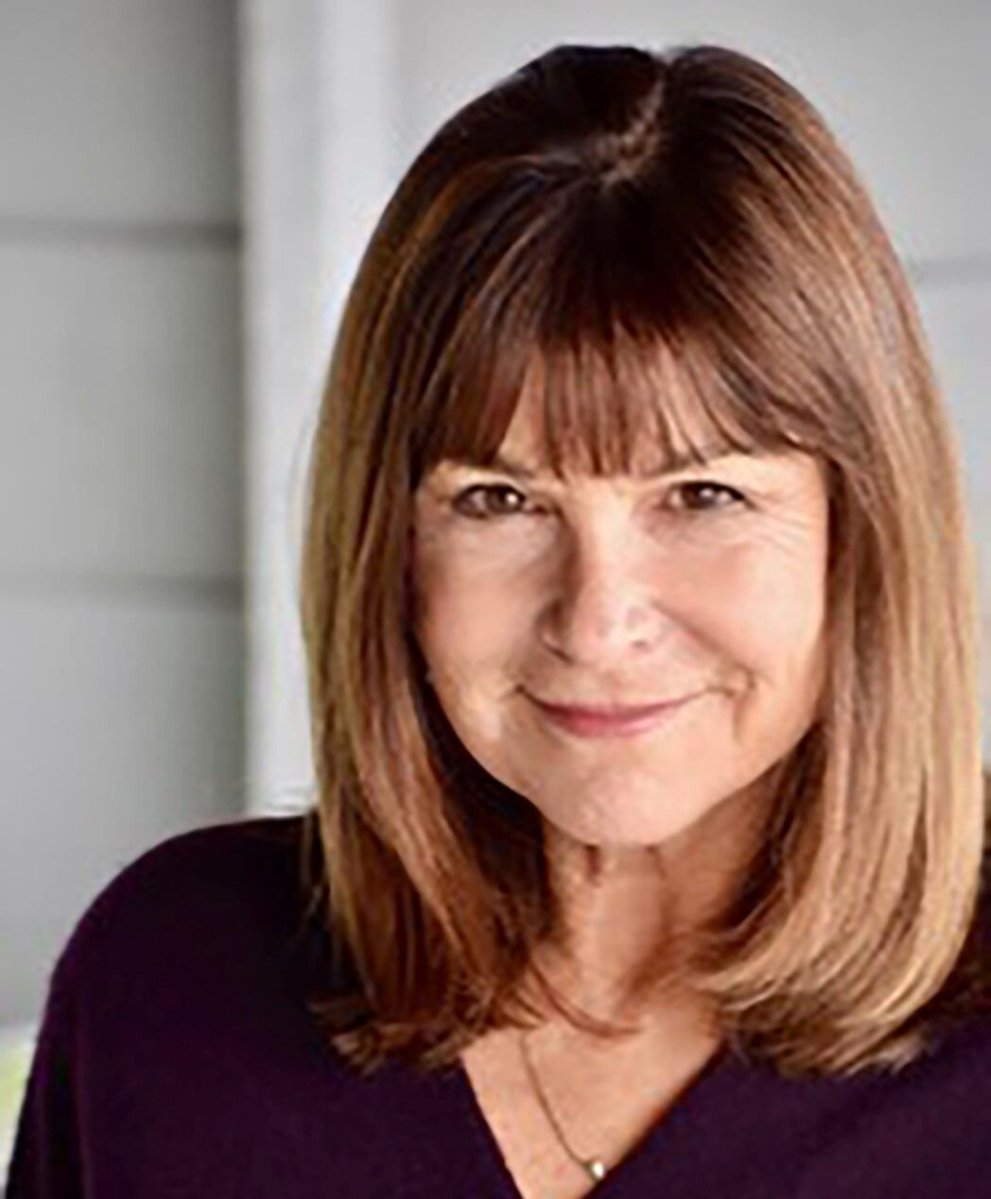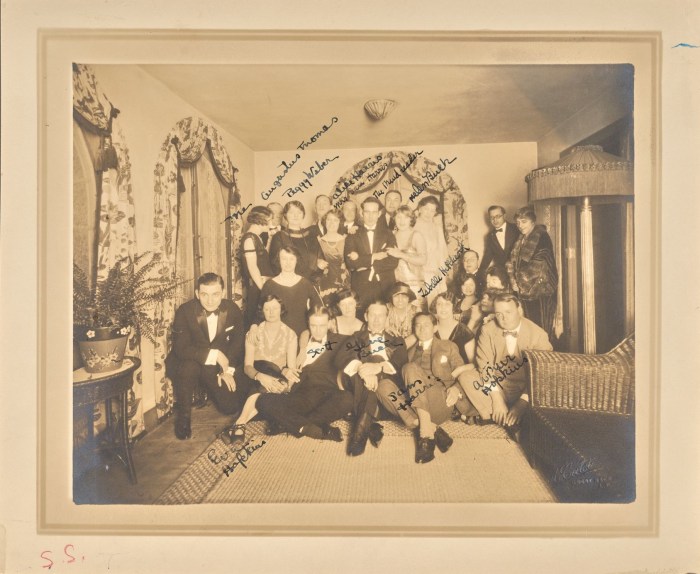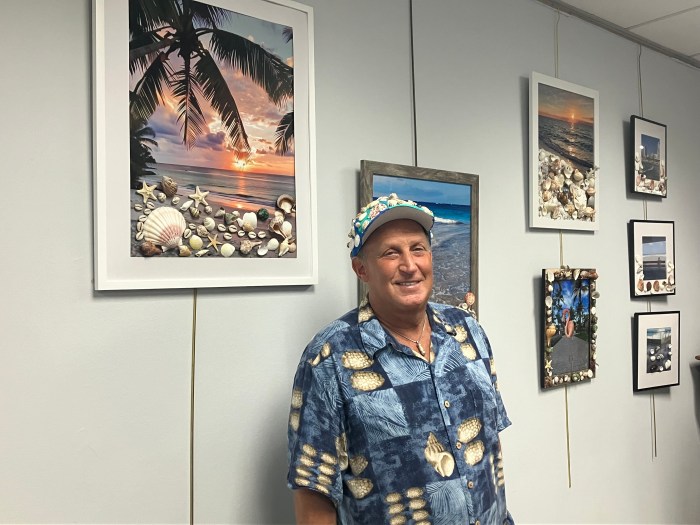Dinah Manoff is a familiar face on the TV screen and in movies, having starred in the hit sitcom, Empty Nest, a spin off of The Golden Girls as well as featured in major films including Grease and Ordinary People. She appeared on Broadway in Neil Simon’s I Ought To Be In Pictures winning the Tony Award as Best Featured Actress for the role of Libby Tucker which she reprised in the movie.
Fame came easily and early to Manoff, the daughter of Academy Award winner Lee Grant and screenwriter, Arnold Manoff. As she puts it, “I had connections, much like Jackie does in the book. Getting an agent was a matter of a phone call. I was just lucky.” Manoff started her acting career at 17 and has worked with some great Hollywood legends including Bea Arthur, Rue McClanahan, Betty White, Estelle Getty, Timothy Hutton, Richard Mulligan, Kristy Mc Nichol, John Travolta and Olivia Newton John.
Writing was something that always attracted Manoff as a means of self-expression and in her debut novel, THE REAL TRUE Hollywood Story of Jackie Gold (Star Alley Press), she gives an insider’s look at a ‘90s Hollywood star forced to deal with all the trappings that come with fame. This fast-paced, often hilarious look at a star beyond the red carpet gives a captivating glimpse into a world many covet but few attain.
Manoff spoke candidly with the Press on her personal life, inner struggles and all things Jackie Gold.
Have you spent much time on Long Island?
My grandparents lived there. They lived in East Rockaway so when I was a kid I used to go there all the time. My grandparents owned a nursery school in East Rockaway. I was born in New York City and I have done a lot of theater in the city.
You’re known for all your acting work, but did you study writing fiction?
Honestly, I’m not a good student to this day. There’s a writing workshop that I’m in now on zoom and I’m still so squirmy. It’s just my problem. I’m better when I’m doing rather than listening
So how can you sit yourself down to write a novel?
When I first sit down I’m fairly undisciplined and I have to make up little tricks to get myself to sit in the chair. I do this zoom called Brave Space with a facilitator teacher in New York and it gets me in the chair in the morning from 9:00 to 10:30. That way I’m accountable and I feel like I’m writing in community which keeps me from feeling isolated. So, I trick myself into the chair and then once I’m writing time flies. But I always need a way in. I’m better writing in a coffee shop than sitting in my office alone. But I live on an island off Seattle, so wherever I go, everybody knows me. It’s easier for me to write when I’m surrounded by voice and people for whatever reason.
Did you always want to be a writer?
I always wrote. Honestly, if I could have gone back and taken out the two decades of drugs, alcohol and boys, I probably would have become a writer and not an actor. Much like Jackie, I stumbled into the profession because it was the only thing I knew. I had grown up cueing my mother on scripts from the time I could read, I had an innate sense of timing and structure. I had connections, much like Jackie does in the book.
How was it taking on the role of Jackie in the audiobook?
It was so much fun and I didn’t expect that to be a part of my journey with the book. Many kids and friends aren’t readers, so they are delighted that they can pick up the audible now and get the full flavor of the novel.
Why did you decide to center your novel around the message “What price fame?”
The first germ of this book came from the horrible tragedy of the paparazzi chasing Diana into that tunnel. Then I was accosted on my doorstep by a reporter questioning me about the paternity of my newborn child. I went to a writing workshop around that time and I needed to write about what it was like to feel that threat. It evolved into this story of what would happen to a Hollywood star if the paparazzi pushed her over the edge.
This is a very serious subject, yet you have a great deal of humor in the book. Why did you choose that writing style?
To make it entertaining, there has to be comedy and lightness even in tragedy. In the beginning, Jackie is driven to extremes by the paparazzi which lands her in the hospital in a coma. Suddenly, she is privy to the dark secrets of everyone around her because they all thought she was going to die any minute. She’s in the hospital bed lying there with the nurses trying to steal her boyfriend, people confessing their secrets and they don’t know that she comprehends. That gave me so much material to work with in terms of her quips.
What did your own mother, actress Lee Grant, think about your depiction of Jackie’s nightmare of a mother in your novel?
That mother and my mother are nothing alike. I could write a whole separate book about my relationship with my mother and it would be pretty traumatic, but she’s not Jackie Gold’s mother. Jackie’s mother, Merilee, was loosely based on a story that I heard about a waitress at the Colony Coffee Shop in Malibu Colony who ran off with a married man. It was just a story circulating around back then. She was fun for me to write because she’s not like anybody I actually knew. I really invented her. I loosely based Jackie’s grandmother, Marva, on my great aunt who was a character, but with none of the darkness of Marva.
You played Marty in the iconic film Grease. What is something special that you remember about filming that movie?
It was an extraordinary experience. My first audition was for Frenchy. and the casting director told me to come back and put on red lipstick. I just did that girl imitating Marilyn Monroe and Marty was born. I was really lucky to get her and to be in such a big movie.
What would you like to say about Olivia Newton John?
She was the sweetest, nicest, most generous, lovely, good girl that you could imagine. She was much more Sandy than hot Sandy at the end. She was very innocent. My favorite scene was the slumber party because it was hysterical. We had the best time torturing her. She was a good girl and we were bad girls and that was kind of true in reality. Getting her drunk and piercing her ears was a blast. She was so funny and such a good sport about it all. It felt so completely natural to do that mean song about her. That was for me the highlight of shooting.




































